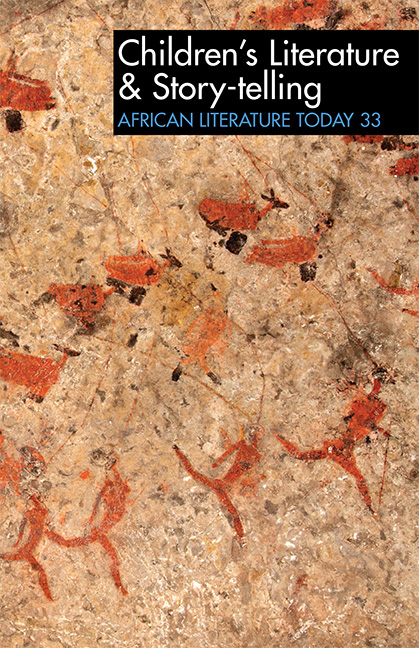The Pedagogy of Urban Children’s Game Songs
Published online by Cambridge University Press: 22 May 2021
Summary
Ageism, as a field of discourse, seeks to deconstruct and break barriers that are constructed because of age, and to open up interest in the understanding of the different ages. Although in ageist discourse no age is free from prejudice, the interest of this chapter is to find out whether the composition of game songs by children supports the argument that the children are innocent and naïve. The aim of the paper is to underscore the fact that children's game songs reveal who the children are and how well equipped they are to face the challenges that await them as they grow into adulthood in the African postcolonial society. The intention is to explore whether children's game songs generate a pedagogy that interprets and defines children from their own view point, which in adult discourse may just be considered meaningless. An analysis follows of songs by children collected in an informal play setting. This research is significant as it shifts from much of the professional critique to date on children's literature, as most critics interpret works written by adults for, not by, children.
Spontaneity is a central tool in oral composition and performance, but the songs in this study were collected after children were organized to perform them in primary schools in the urban city of Buea in Cameroon. Buea is a cosmopolitan city, as it is the headquarters of the region. Children in postcolonial society have been introduced to television and computer activities more than to outdoor games and plays. Parents’ diverse interests have also limited children's play times. The period that most children have for play is during lunch break in schools, lasting about 30 to 50 minutes. The organized performances took their steam as the children on stage put in their best in terms of singing and performance.
As a theoretical and conceptual consideration, the views of Paulo Freire in Pedagogy of the Oppressed ([1970] 2000) have been valuable. This book, which Donaldo Macedo, citing Stanley Aronowitz (2000, 11) describes as meeting ‘the single criterion of a ‘‘classic’’ sets out Friere's ideology of deconstructing hegemonies even in the way education is conceived and transmitted.
- Type
- Chapter
- Information
- ALT 33 Children's Literature & Story-tellingAfrican Literature Today, pp. 96 - 106Publisher: Boydell & BrewerPrint publication year: 2015



